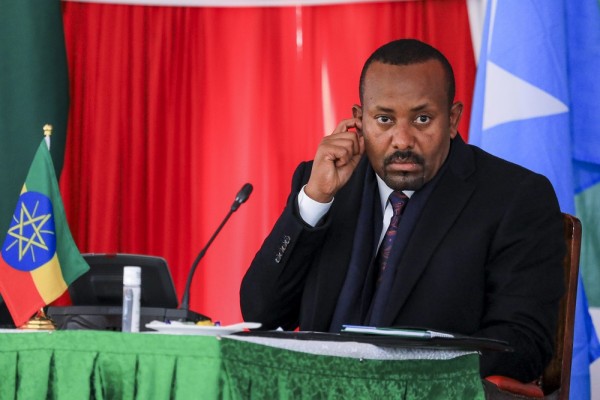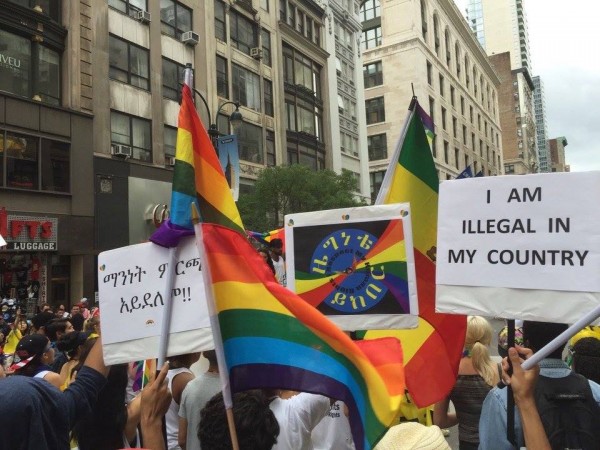A new law in Ethiopia, ratified on May 24, 2012, will criminalise the use of voice over Internet protocol (VoIP) communications, such as Skype, Viber and GTalk.
“IPI is gravely concerned at this development, which appears to be yet another move by the government of Prime Minister Meles Zenawi to control the free flow of information,” IPI Deputy Director Anthony Mills said.
Together with the Anti-Terrorism Proclamation of 2009, which punishes the ‘encouragement’ of terrorism with up to 20 years in prison and gives security services the right to conduct warrantless surveillance of communications, the new law obliges Ethiopian journalists and their sources to operate under increasingly restrictive circumstances.
Article 10.3 of the Telecom Fraud law, ratified on May 24, criminalizes the use and provision of VoIP services, which could result in a prison sentence of two to eight years, and fines amounting to 20,000 Br. (approx. €900), according to a copy of the law sent to IPI by an Ethiopian journalist. According to news website OPride.com, the law also enables the Ministry of Communication and Information Technology to supervise and issue licences to private companies that import these equipments.
In addition, on May 31, 2012, the Tor Project, a free online software which protects anonymity online, reported that the “Ethiopian Telecommunication Corporation…has deployed or begun testing Deep Packet Inspection (DPI) of all Internet traffic,” and that the Tor project has been taken down in Ethiopia. This kind of censorship, which the group says is similar to that seen used in China, Iran and Kazakhstan, allows for surveillance and inspection of private data online, and further censorship of content online.
These restrictions come in the days leading up to the trial of Ethiopian journalist Eskinder Nega, who was detained in September 2011 on charges of supporting terrorism. A verdict is expected on June 21.
The arrest of Nega, recipient of the PEN/Barbara Goldsmith 2012 Freedom to Write award, has been globally condemned, not least because Nega could face life in prison or the death penalty if convicted. Senator Patrick Leahy was the third member of the United States Congress to voice concern for Nega. In a statement published on June 14, he wrote: “[T]he importance of respecting freedom of the press cannot be overstated. What happens to Eskinder Nega and other journalists there will resonate loudly not only in Ethiopia, but also in the United States Congress.”
IPI has repeatedly condemned the detention of Nega and several other journalists convicted half a year ago under the broad 2009 Anti-Terrorism Proclamation.
IPI again called on the Ethiopian government for the release of Nega, currently awaiting his verdict; Woubshet Taye, deputy editor of the now-defunct Awramba Times, Reyot Alemu of Feteh newspaper and Swedish journalists Martin Schibbye and Johan Persson, who were sentenced to 14 years and 11 years in prison respectively for “aiding terrorists” after they were arrested while travelling with insurgents in Ethiopia’s Ogaden region.


